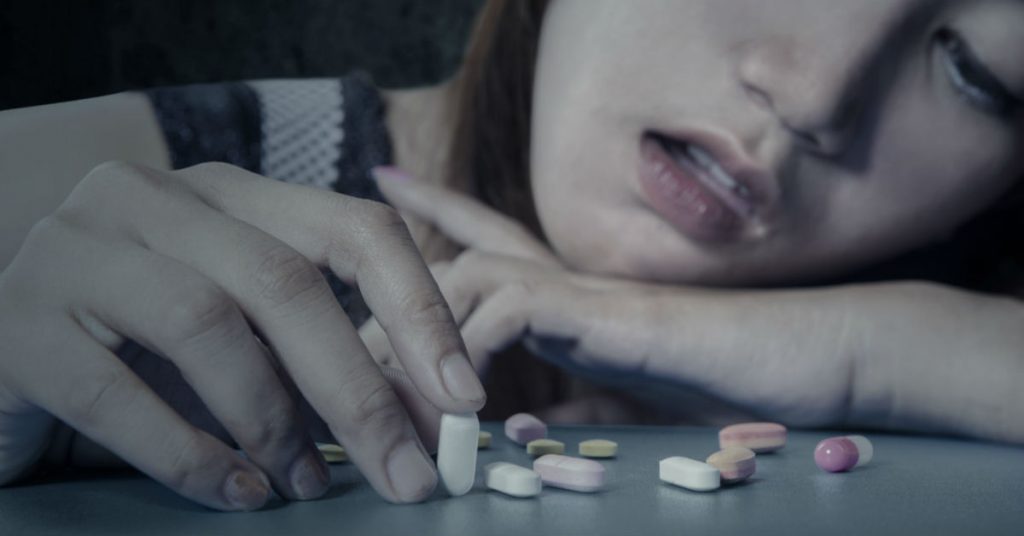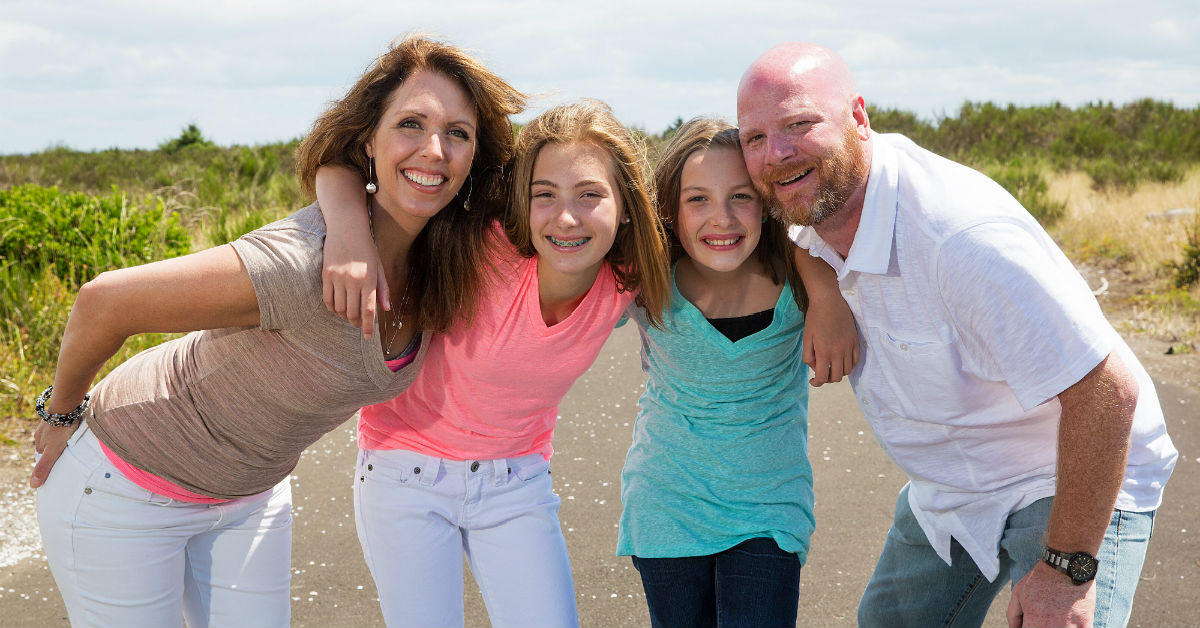
The biggest fear for most parents whose children have become addicted to narcotics, whether that is through prescription medication or street heroin – is overdose. It is a well founded fear, unfortunately. Overdose deaths from both heroin and pills are on the climb. We are seeing an ever rising mortality rate in our population, and in the meantime lives are being ruined under the influence of these dangerous substances.
This threat is made all the more dire thanks to deadly strains of heroin that have been hitting the streets, causing mass overdoses across various cities and states in the US. Clearly, something has to be done.
What Is Classified As a Narcotic
In a culture that is suffused with drugs, from legal to illegal, you may not even know what can be classified as a narcotic. The list is long, and the names are ever changing. But some you may commonly hear include:
Prescription Names
- Hydrocodone
- Oxycontin
- Fentanyl
- Lortab
- Percocet
- Norco
- Morphine
- Vicodin
- Buprenorphine
Street Names
- H
- Skag
- Dope
- Smack
- Poison
- China Girl
- China White
- Brown Sugar
- Tar
Signs Your Teen Is Using Narcotics
Many drugs can have similar reactions depending on what it is, how long ago it was taken, and what else it may have been taken in conjunction with. Narcotics, unlike stimulant drugs such as cocaine or amphetamines, are a depressant. People who use it tend to be slow, lethargic, and may have difficulty with speech or staying conscious.
Experienced drug users are often able to use just enough to eliminate these effects, and keep from “nodding off”. In which case you will need to look at other common symptoms of narcotic use, such as:
- Mood swings
- Aggression or anger
- Changes in appetite
- Sudden severe personality changes
- A lack of interest in past hobbies, interests, and relationships
- New habits, such as going to the same place every day
- “Track” marks or bruising on the arms, legs, or between the toes and fingers
- Infections, particularly in the aforementioned spots
- Erratic behavior, and a desperation to get some place, or acquire something like money
- Criminal behaviors, like stealing
- Changes in pupil dilation
- Items or money going missing around your home
Any and all of these can be signs that your teen has been abusing narcotics. But the best possible indicator is finding drugs or drugs paraphernalia on their person, or in their room. Narcotics are not recreational or casual drugs, such as marijuana or LSD. They are highly addictive and dangerous. If they are caught once, there is a high probability they are continuing to use.
Risks Of Prolonged Drug Abuse
Death is a very real possibility when abusing narcotics, as it can be shockingly easy to overdose accidentally. In particular, overdose of heroin is common thanks to the unregulated nature of the drug, not knowing the strength of the intended dose, and possible substances it could be “cut” with at the time of processing and sale.
But these are not the only risks teens who use narcotics face on an everyday basis. Apathy, reliance on the drug, and changes in environment lead to a failure in academic performance. A need to acquire more of the drug lead to criminal or risky behaviors, such as stealing, or even prostitution to fund a habit. Arrest for possession, attempt to distribute, or simply attempting to purchase narcotics can lead to serious prison sentences that may ruin your child’s life. Health deterioration caused by heart and kidney damage, or diseases like HIV/AiDS and Hepatitis C could prematurely age them.
All of this is in addition to the misery, depression, pain and isolation caused by addiction. Narcotics touch the lives of everyone surrounding an addict, and the consequences are devastating to witness.
What You Can Do
Narcotic abuse is no joke. If you suspect your teen may be using heroin or pills, there is no way forward but through the help of trained professionals. They will be able to teach you what you need to know to support your teen, while they assist your child in breaking their harmful addiction.
To learn more about helping your teen through narcotic abuse, visit Parent Learning Center.










Speak Your Mind